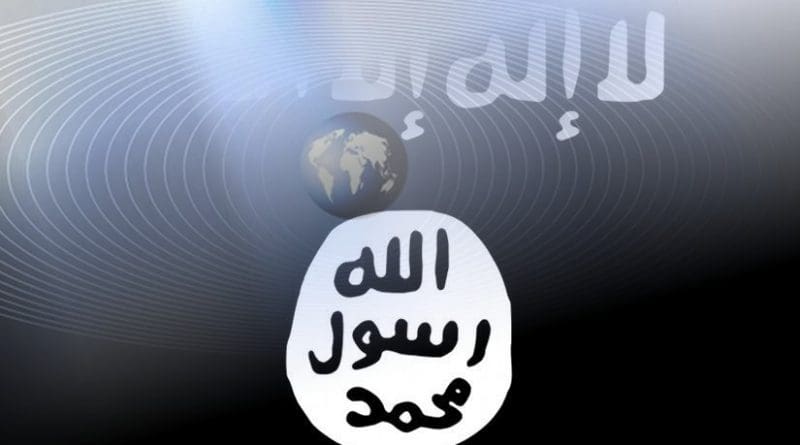The Manchester Terror Attack And Role Of Technology – OpEd
By Arab News
By Abdulrahman Al-Rashed *
The difference between Al-Qaeda and Daesh lies in the use of technology.
The former has almost been vanquished because it decided to stop using the Internet, fearing being uncovered.
Daesh, as a secret organization, has flourished due to technology and has developed most of its activities on social media.
Theoretically, it could be assumed that technology would expose the organization. But it appears Daesh often surpasses the international security services in using social media to remotely communicate with loyalists.
This is what happened with this week’s terror attack in Manchester, preliminary details indicate, with Daesh apparently recruiting a young man in his home in England.
Security agencies seek to uncover terrorists and prevent their operations by penetrating their organizations, or monitoring communications and electronic messages. But it appears that they are no longer able to do this effectively given the repeated terror attacks in Europe.
An important related event is the recent inauguration in Saudi Arabia of a center specializing in combating extremist ideologies.
While there are many centers around the world with the same mandate, or that specialize in terrorism affairs, this one differs from the rest. It is essentially a massive radar that electronically monitors interactive activities, particularly those across social media networks.
It reads billions of shared messages and filters them and classifies them, after which they are reviewed and analyzed by humans. The center is tasked with identifying and understanding concepts and lessons discussed, and is unique in that it can differentiate conversations based on local dialectics. This is significant as most of what is shared, written or spoken is in tens of different dialects. As such, the center is expected to fill the tremendous gap in the electronic space that is leveraged by extremists.
Yet security agencies face difficult challenges as terrorists advance in their tactics.
Daesh has advanced and has begun to spread electronically, seeking soldiers with characteristics that suits its objectives. It communicates with them remotely, a method that reduces the likelihood of being uncovered or preempted.
The people Daesh communicates with online are then directed to carry out an attack, either with an explosive belt, a firearm, a vehicle targeting pedestrians, or even a kitchen knife.
It is not true that the spread of terror crimes is a result of the suffering of Muslims in European “ghettos,” or those angry about the actions of regimes in Islamic countries. These are all excuses to justify terrorism. There are very similar cases experienced by other groups who follow other religions, such as Sikhs, Hindus, and Buddhists. Why do we not see these groups resort to explosive belts in protest?
Young Muslim youths of previous generations did not carry out such crimes, so why Muslims of today’s generation? Simply examine mainstream culture. The spread of extremism in Birmingham and Manchester has been easier than its spread in Saudi Arabia and Egypt because the laws are stricter and firmer in the latter, and lenient in Britain. In conclusion, fighting extremism is more important than fighting terrorism.
• Abdulrahman Al-Rashed is a veteran columnist. He is the former general manager of Al Arabiya News Channel, and former editor-in-chief of Asharq Al-Awsat, where this article was originally published.

